1. Fresh Future Farm – South Carolina
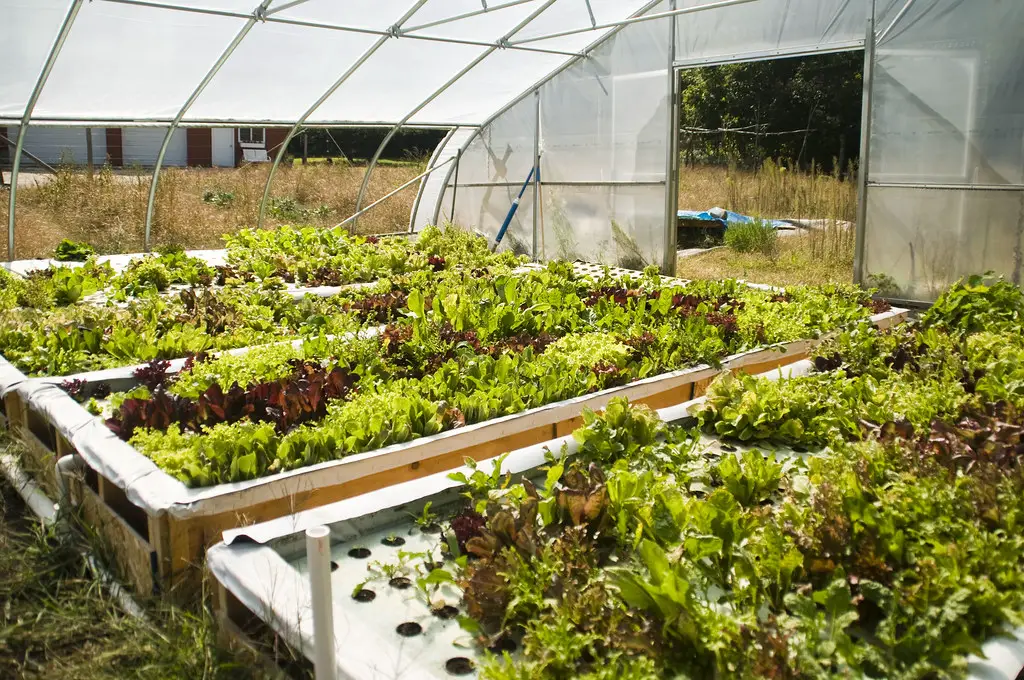
Fresh Future Farm isn’t just about growing food—it’s about growing a healthier, more empowered community. Located in North Charleston, South Carolina, this urban farm was founded by Germaine Jenkins, a food justice advocate who knows firsthand the struggles of food insecurity. What started as an abandoned lot has become a thriving hub for fresh, affordable produce in a predominantly Black neighborhood with limited grocery options. Jenkins and her team focus on regenerative farming techniques, composting, and heirloom crops to promote soil health and biodiversity. The farm also operates a sliding-scale grocery store, making it easier for low-income families to access nutritious food. What’s really special is that they don’t just sell food—they teach people how to grow their own. Through hands-on workshops and job training programs, they’re equipping the next generation with farming skills that go beyond the basics.
Sustainability here isn’t just about the environment; it’s about building a system that lasts. Fresh Future Farm uses rainwater collection and composting to reduce waste while prioritizing native plants and organic growing methods. They’ve also created a “pay what you can” model, ensuring that fresh produce isn’t a luxury, but a right. By blending traditional African farming practices with modern techniques, they’re preserving cultural heritage while tackling today’s food crises. Their work has been recognized nationwide, proving that small urban farms can have a big impact. Every vegetable grown here carries a deeper meaning—food sovereignty, community resilience, and a reminder that access to healthy food should be universal.
2. Tall Grass Food Box – North Carolina
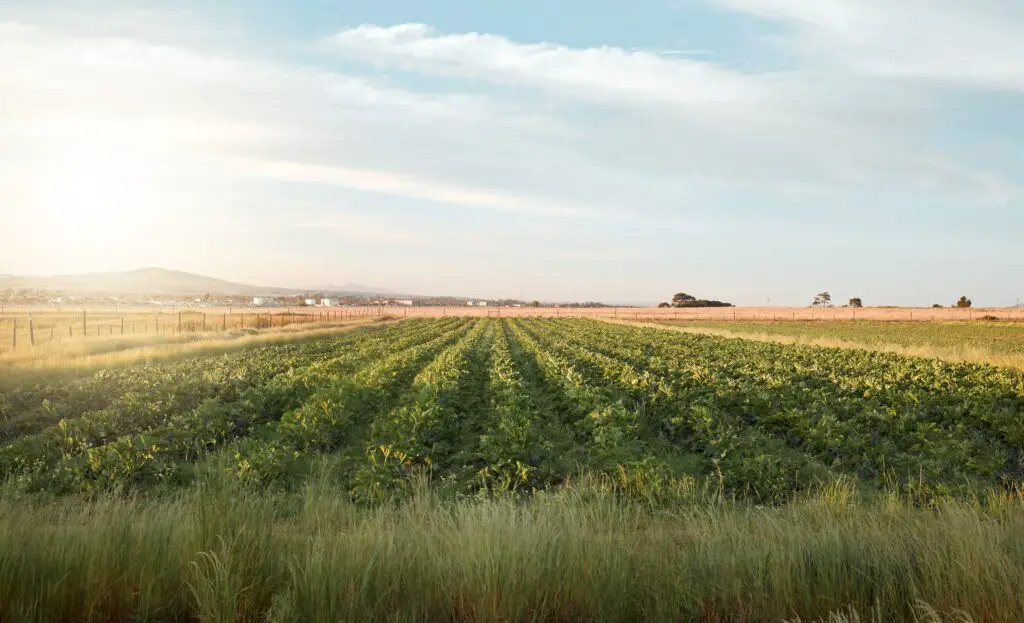
Tall Grass Food Box isn’t your typical farm—it’s a collective supporting Black farmers across North Carolina. Founded by three friends—Gabrielle E.W. Carter, Derrick Beasley, and Kamal Bell—this farm-to-table subscription service connects local Black farmers with customers who value fresh, seasonal, and sustainably grown produce. The idea came from a simple yet powerful realization: Black farmers needed a way to get their food directly into the hands of people who care. With grocery stores often overlooking small Black-owned farms, Tall Grass bridges the gap, ensuring these farmers get fair compensation for their work. Every box tells a story, packed with fruits, vegetables, and herbs grown with love and deep agricultural knowledge.
What makes Tall Grass Food Box different is its emphasis on collective power. Instead of one farm doing all the work, they unite dozens of farmers, each specializing in different crops, to create a diverse and abundant selection for their subscribers. This model not only helps farmers stay in business but also educates consumers on the importance of supporting Black agriculture. They highlight traditional crops like okra and sweet potatoes, connecting customers to the deep roots of African American farming traditions. Their sustainable approach extends beyond farming—they use minimal packaging, promote biodiversity, and encourage a shift away from industrialized food systems. By creating a direct-to-consumer model that prioritizes fairness, Tall Grass Food Box is proving that sustainability isn’t just about farming—it’s about rethinking the entire food system.
3. Freedom Farm – Minnesota
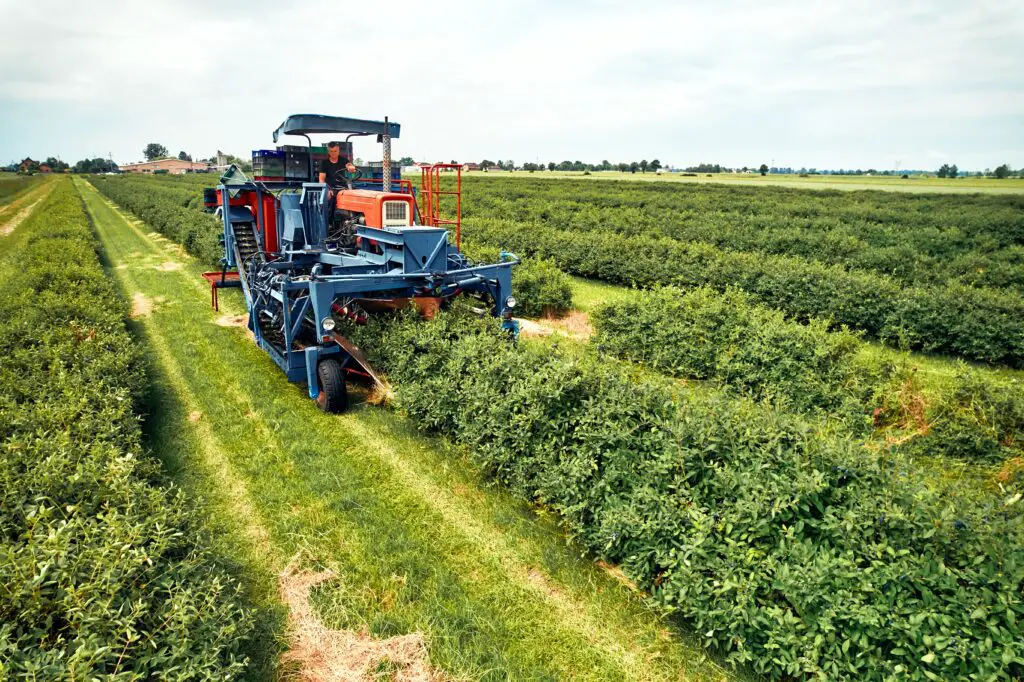
Freedom Farm is more than just a place to grow food; it’s a space where people come together to heal, learn, and reclaim their agricultural heritage. Founded by Angela Dawson in Minnesota, this farm operates as a cooperative, ensuring that Black and Indigenous farmers have access to land and resources. Dawson, a fourth-generation farmer, understands the historical barriers Black farmers have faced—from land loss to discriminatory lending practices. That’s why she’s committed to breaking down those barriers by creating an agricultural model based on shared ownership and sustainability. Freedom Farm focuses on organic farming, soil regeneration, and holistic land management, proving that a farm can be both profitable and environmentally responsible.
One of the most inspiring aspects of Freedom Farm is its dedication to hemp farming, which provides a sustainable alternative to conventional crops. Hemp is an incredible plant—it enriches the soil, requires less water than cotton, and has a wide range of uses, from textiles to biodegradable plastics. Dawson sees it as a way to create economic opportunities while promoting ecological balance. The farm also prioritizes education, offering mentorship programs to young Black farmers who want to enter the industry. By building a cooperative system, Freedom Farm ensures that resources are shared, profits are fairly distributed, and the land remains in Black hands. Their mission isn’t just about growing food—it’s about cultivating a future where Black farmers thrive.
4. Soul Fire Farm – New York
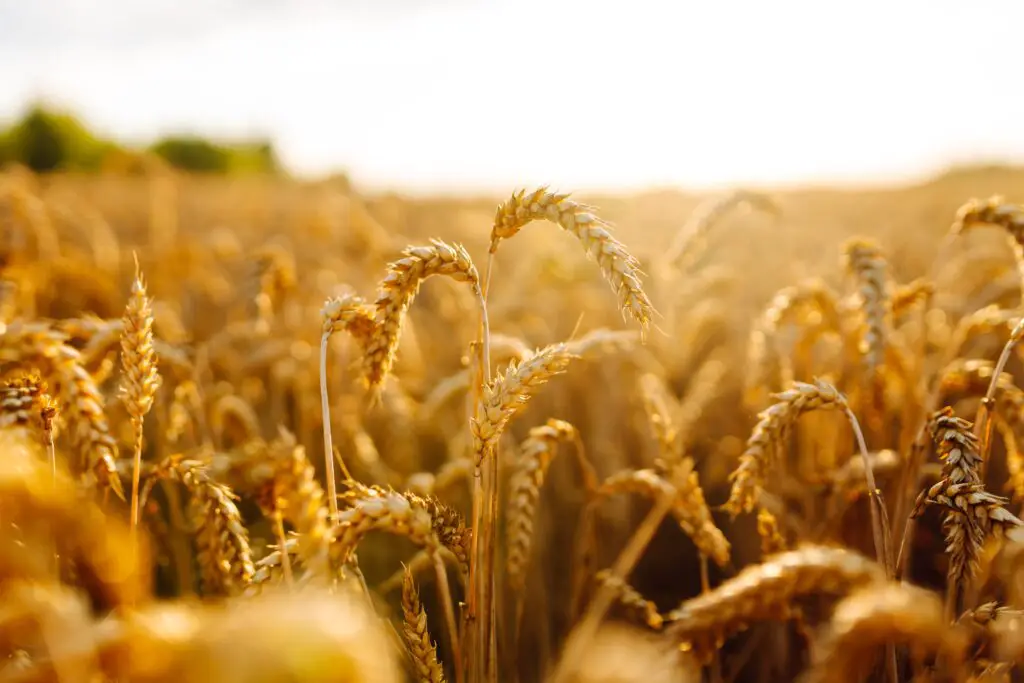
Soul Fire Farm is on a mission to end racism in the food system while championing sustainable agriculture. Founded by Leah Penniman in upstate New York, this farm is as much about activism as it is about farming. Penniman, who has dedicated her life to food justice, created Soul Fire as a space where Black and Brown communities could reconnect with the land in empowering ways. The farm follows Afro-Indigenous growing techniques, focusing on regenerative agriculture that restores soil health and combats climate change. They use cover cropping, crop rotation, and no-till farming, all practices rooted in ancestral wisdom. But their impact goes far beyond the food they grow.
Education is at the heart of Soul Fire Farm’s work. They offer immersive training programs where people of color can learn sustainable farming techniques, land stewardship, and food sovereignty strategies. Their programs empower people to start their own farms, advocate for policy changes, and reclaim food as a form of resistance. The farm also runs a doorstep delivery service for families facing food insecurity, ensuring that fresh, locally grown produce reaches those who need it most. Through their commitment to racial and environmental justice, Soul Fire Farm is proving that sustainable farming isn’t just about the land—it’s about the people who tend to it.
5. Brown’s Farm – Mississippi
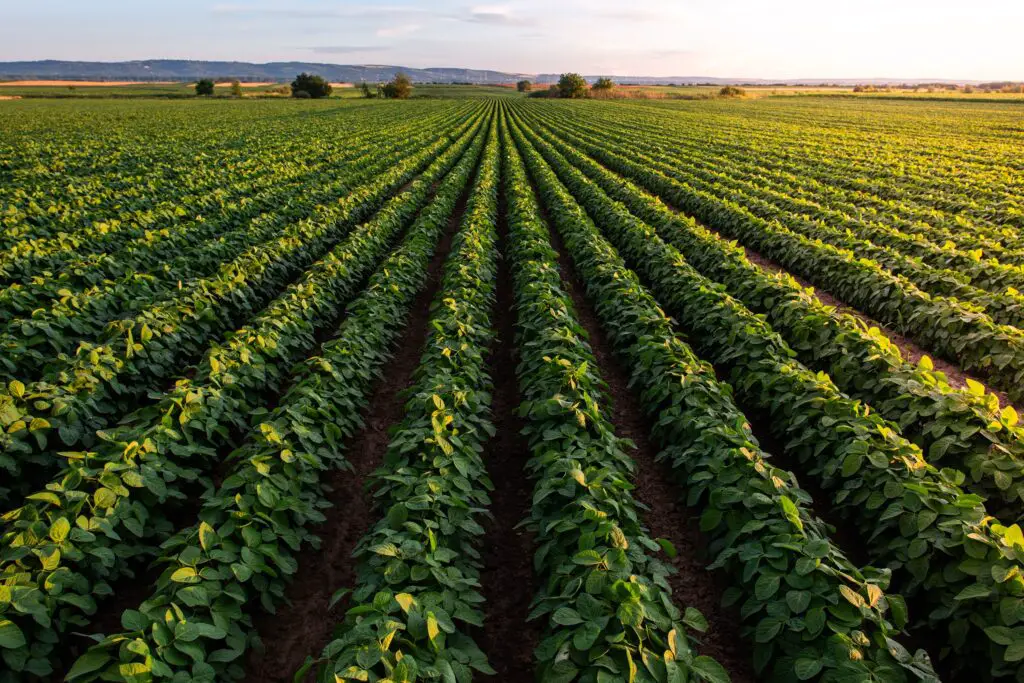
In the heart of Mississippi, Brown’s Farm is keeping family farming alive while embracing sustainability. Owned and operated by Otis and Angel Brown, this farm has been in their family for generations. They grow everything from leafy greens to sweet watermelons, all while prioritizing eco-friendly practices. The Browns use organic fertilizers, natural pest control, and crop rotation to maintain soil health and reduce chemical dependence. They’ve also introduced beekeeping, recognizing the crucial role pollinators play in maintaining a balanced ecosystem. But what truly sets Brown’s Farm apart is its deep community involvement.
The Browns believe that a farm should be a resource for everyone, not just a business. They host farm tours, school visits, and hands-on workshops to educate people about where their food comes from. They also donate a portion of their harvest to local food banks, ensuring that fresh, healthy produce reaches underserved communities. By staying committed to traditional farming techniques while integrating modern sustainability practices, Brown’s Farm serves as a model for small-scale agriculture done right. Their work proves that farming isn’t just about the food—it’s about preserving a way of life that values the land, the people, and the future.
6. Black Oaks Center – Illinois
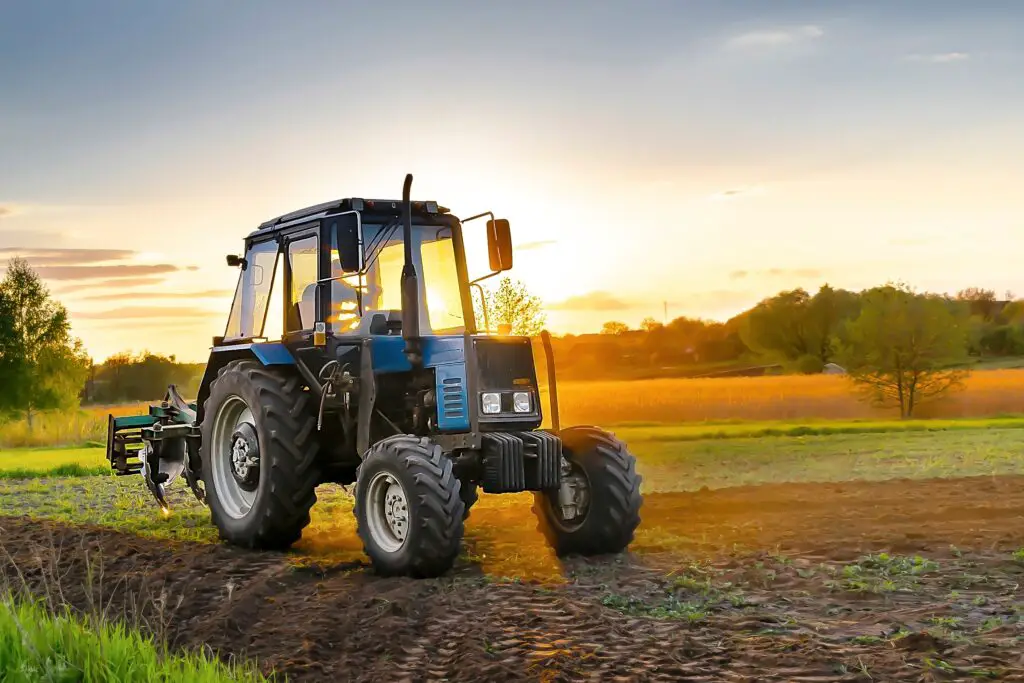
Black Oaks Center isn’t just a farm—it’s a full-fledged sustainability institute dedicated to creating a self-sufficient future. Founded by Dr. Jifunza and Fred Carter in Illinois, this farm focuses on regenerative agriculture, climate resilience, and food independence. They teach people how to grow food sustainably, build off-grid systems, and prepare for a changing climate. Their model combines permaculture principles with African farming traditions, ensuring that their methods are both time-tested and forward-thinking. The farm operates on renewable energy, collects rainwater, and prioritizes local seed-saving initiatives.
Black Oaks Center also plays a crucial role in addressing food insecurity. They run a community-supported agriculture (CSA) program, providing fresh produce directly to families in need. Their workshops cover everything from herbal medicine to natural building techniques, giving people the skills to live more sustainably. The Carters see their farm as a living laboratory where solutions to climate change, food deserts, and economic inequality can be explored. By focusing on long-term resilience, Black Oaks Center is proving that sustainability isn’t just about farming—it’s about creating a future where communities can thrive on their own terms.
